COMMENT By Solace Chukwu
A weird and complex footballing relationship exists between Nigeria and Cameroon, two nations fused by geography and an inescapable fate.
Nigeria often seems to have more in common with its francophone neighbour than it does with its own largely heterogenous self: a common border running through its entire easterly side and, lately, there is a shared stake in the militant insurgency that burns at both ends.
Perhaps this is why it is impossible to muster the sort of animosity befitting Cameroon’s cruel record over the Super Eagles. There is certainly more heat between Nigeria and Ghana, who are considered the major African rival, even though the Black Stars have not, almost single-handedly, rewritten the entire history of the Nigerian national team.
The official record will show that the upper hand is the Super Eagles’ on head to head: only four of the 20 meetings have gone in favour of the Indomitable Lions. Nothing to see here then, except of course the context and manner of those four defeats , which leave a sour taste in Nigerian mouths; three of them coming on the biggest of stages and the grandest of occasions possible.
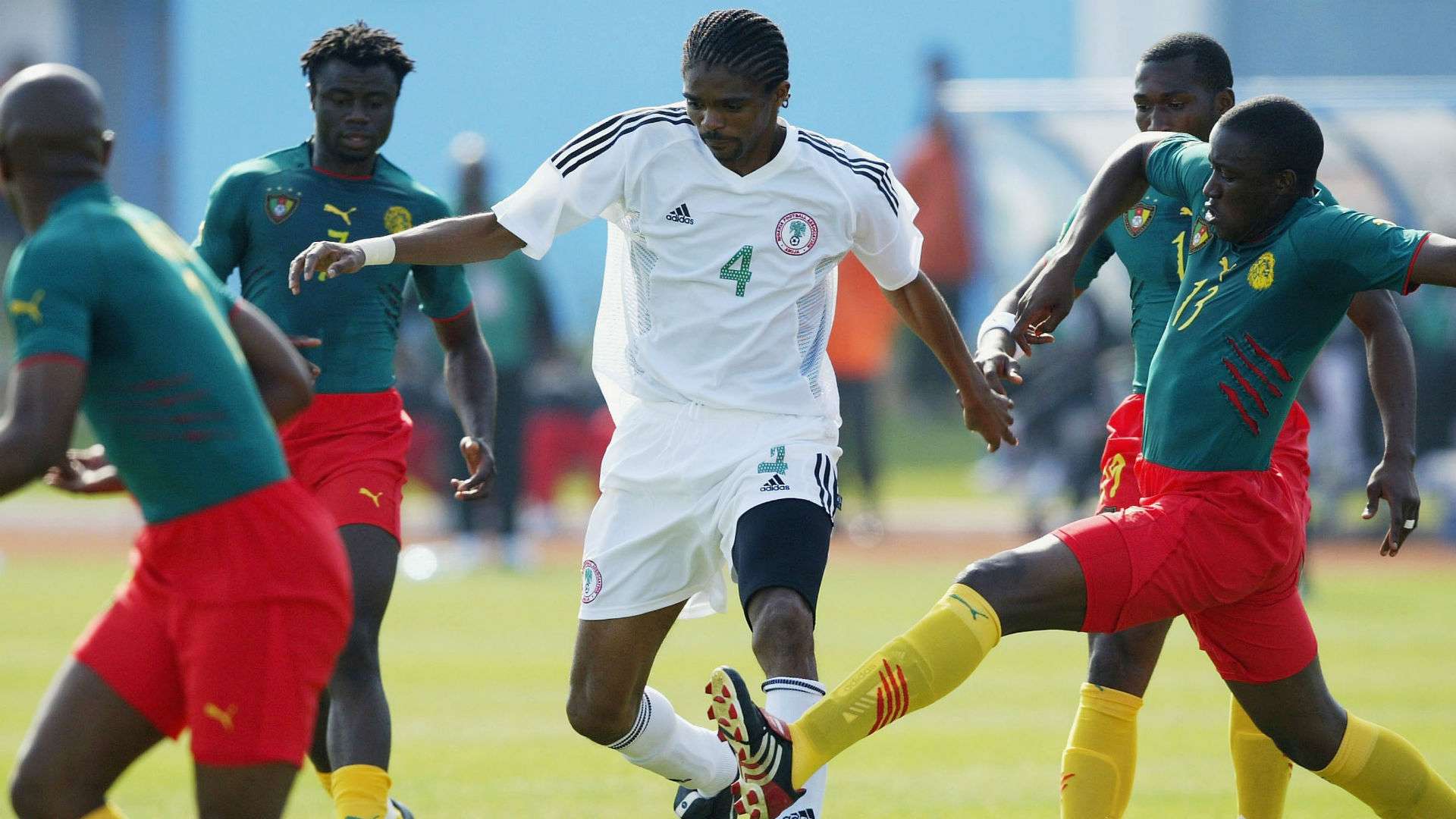 Getty
Getty
February’s unlikely Africa Cup of Nations victory marked a sixth continental triumph for Cameroon, but no other side has served as unwilling stage hand to their ascension more often than the Super Eagles, who lost finals in 1984, 1988 and 2000. The latter two to this day carry with them the faintest whiff of suspicion: the decision by Mauritanian referee Idrissa Sarr to rule out Henry Nwosu’s headed goal tainted the 1988 final, for instance.
Nwosu would later go on to say, in an interview with Complete Sports, “I think it was a stolen victory because we didn’t deserve to lose the game.”
He may have had a point, as there was little objectionable about the goal itself – he jumped unimpeded, and there can have been no concerns of offside.
Cameroon may have indeed been the best side on the continent at the time, but it seemed an unjust way to show their might, especially against the backdrop of Issa Hayatou’s nascent rise to the top at the Confederation of African Football (Caf).
The 2000 final in Lagos will go down in history as perhaps one of the great Afcon classics, a rollercoaster of a game taut with tension and touched by magic.
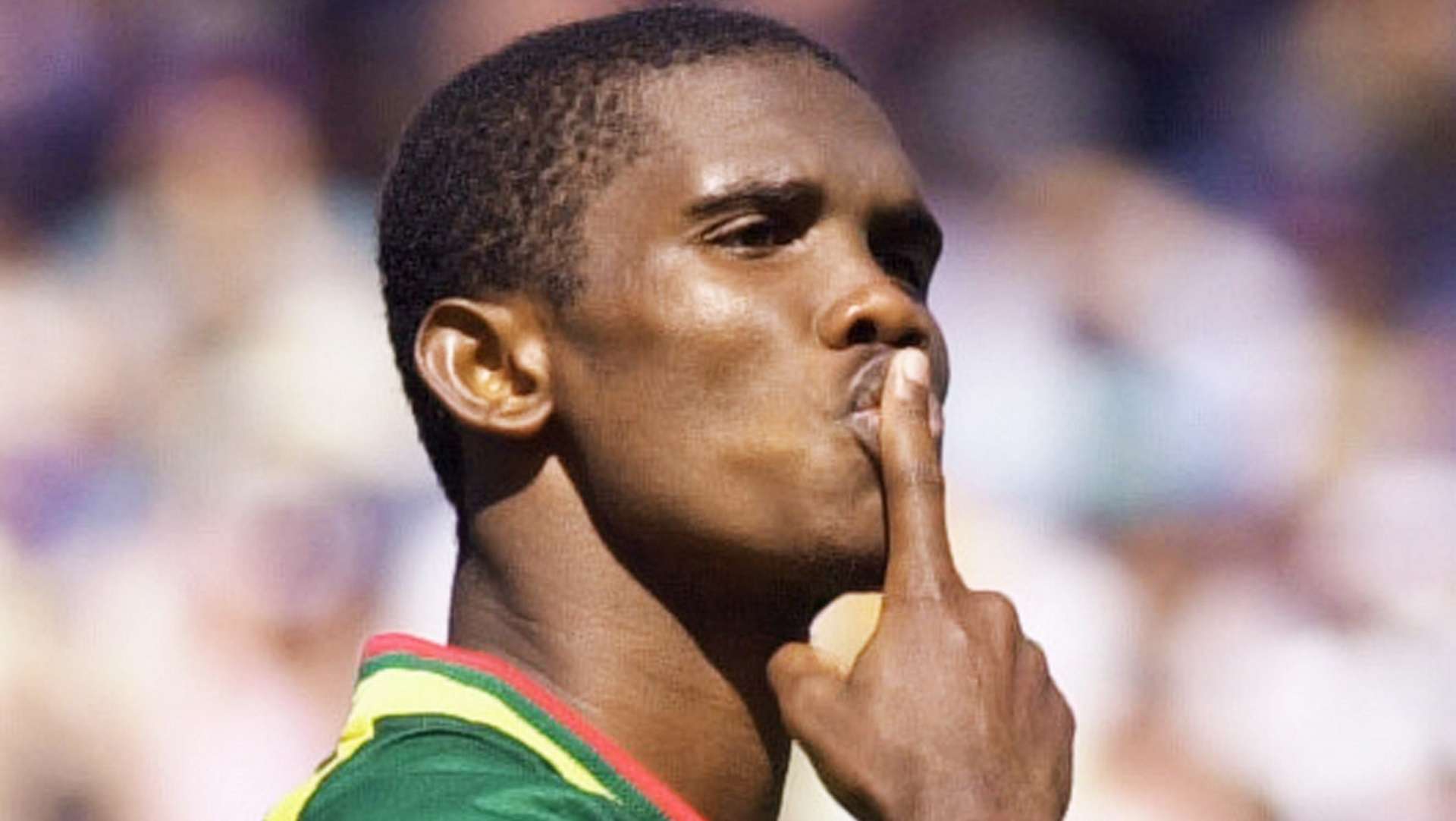 PATRICK HERTZOG/AFP/Getty Images
PATRICK HERTZOG/AFP/Getty Images
An 18-year-old Samuel Eto’o, learning the craft but just as lethal, Patrick Mboma and Nwankwo Kanu at their peaks, and Jay-Jay Okocha with a savage exclamation point.
That such a great final came to be decided by a misjudged penalty shootout call is again unfortunate; Victor Ikpeba’s penalty did bounce over the line, and that served to obscure the fact that, over the course of the tournament, the Indomitable Lions were once again the best side in the competition without a doubt.
The other loss is slightly less well remembered, but was no less important: with both teams vying for a place in the 1990 World Cup, and Nigeria ahead on goal difference going into the final qualifier in Yaounde, only a draw was required to see the then Green Eagles proceed to the final round of qualifying for a first-ever Mundial.
The death of talisman Samuel Okwaraji a fortnight earlier cast a pall over the Nigerian side, and Francois Omam-Biyik struck on the half-hour mark to extinguish that dream decisively. Cameroon the next year would become the first-ever African side to proceed to the quarter-final of a World Cup.
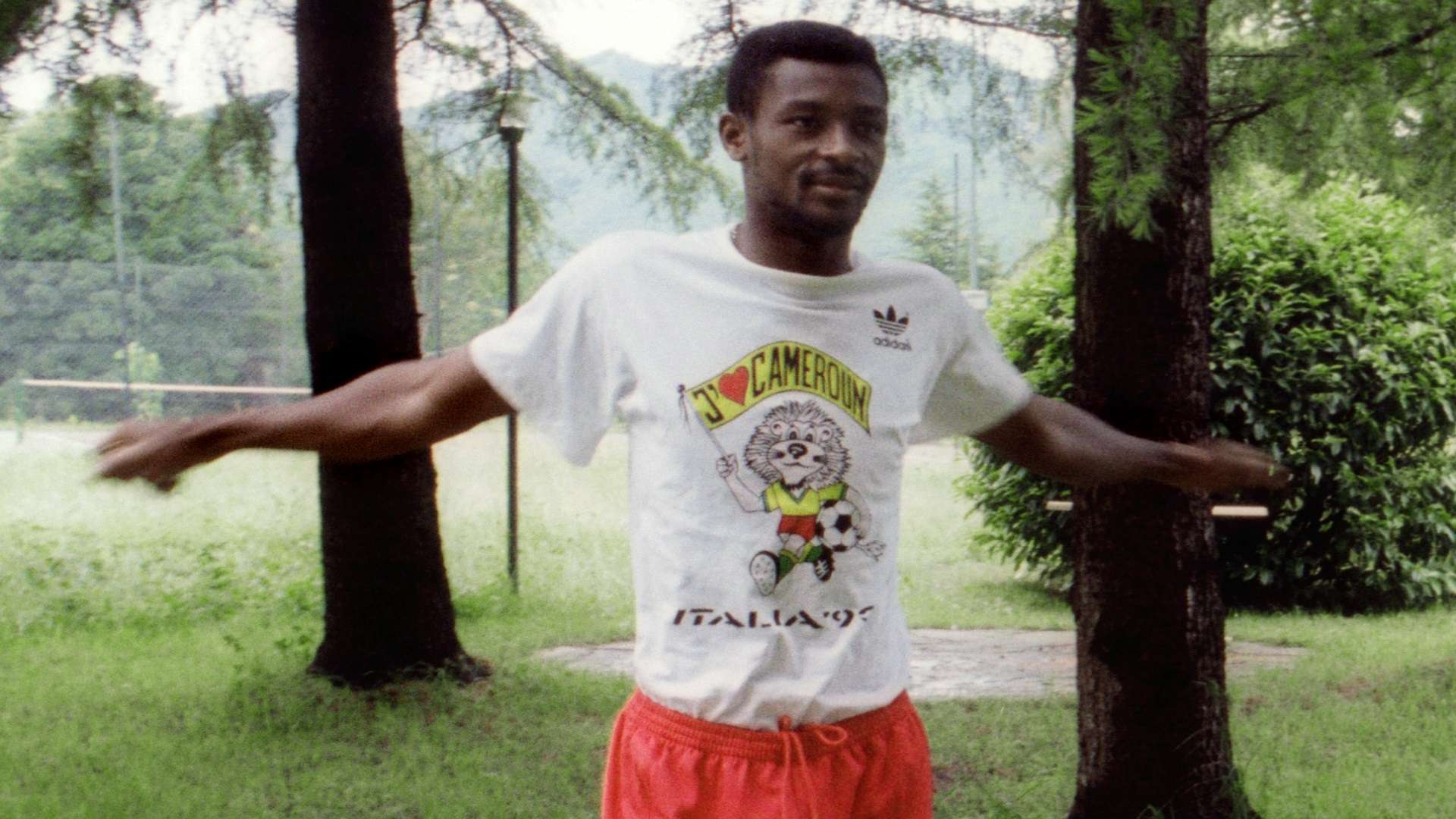 ANTONIO SCORZA/AFP/Getty Images
ANTONIO SCORZA/AFP/Getty Images
When Nigeria has won, it has largely tended to be inconsequential, but the Super Eagles did manage to exorcise some of their demons in a memorable Afcon win in 2004. Eto’o again did damage, and Okocha scored a memorable free kick to level scores before John Utaka raced through the ravine Kanu had cut open to produce a consummate finish.
That was Cameroon coming off an unprecedented cycle of dominance, a sort of gap year between dynasties, and while the win itself was cathartic, there was a degree of regret that more did not come of it. Hosts Tunisia edged a penalty shootout in the semi-final to truncate the ambitions of a young Nigerian side.
As far as World Cup qualifiers go though, the Super Eagles do have the upper hand, getting four points off Cameroon in qualification for the Mexico 1970 edition.
That loss in 1989 is the only defeat in four qualifying matches. Those are pretty favourable portents going into this weekend’s double-header: four points from two games against the African champions would see Nigeria plant one leg in Russia.
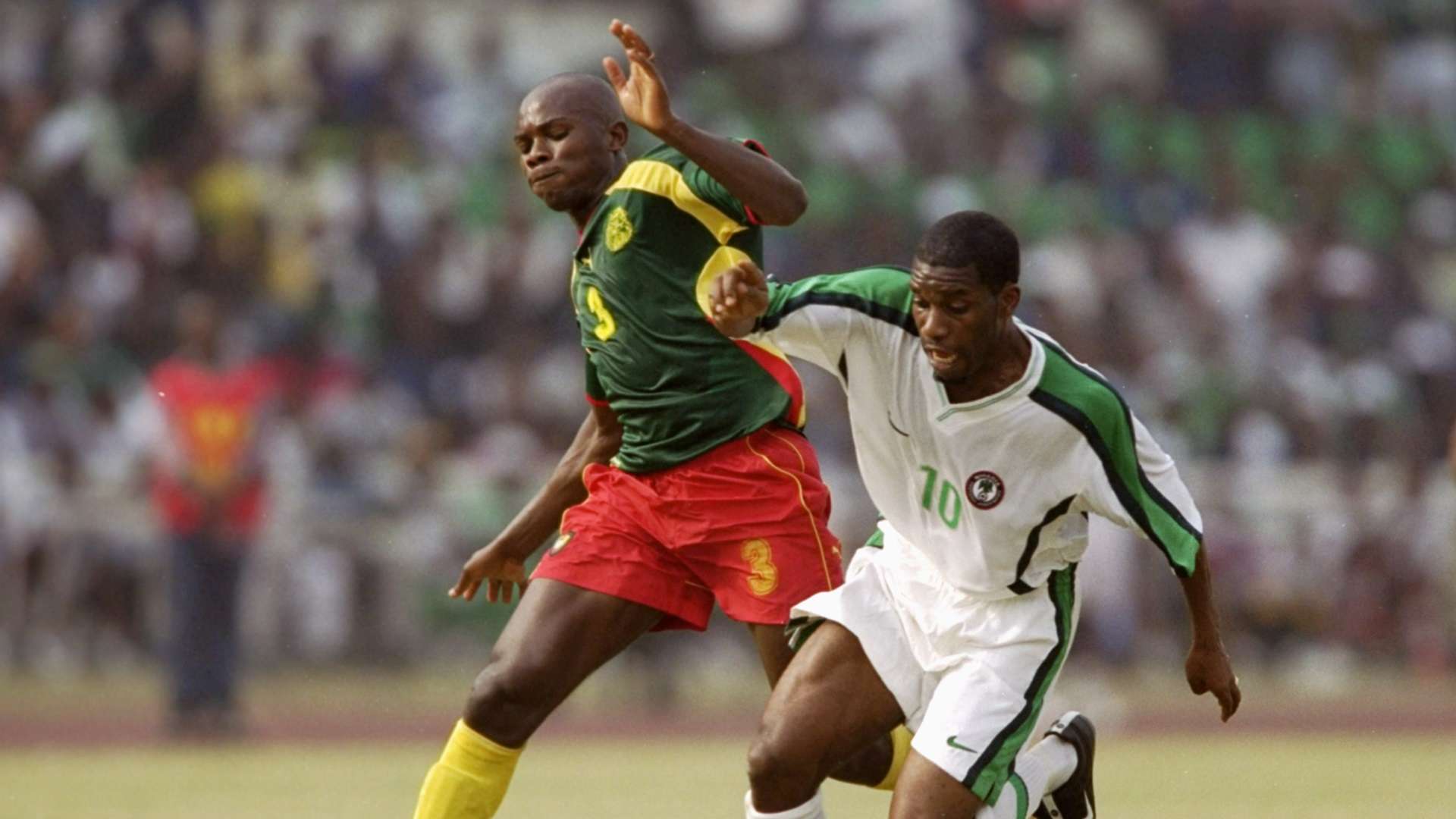

.jpg?auto=webp&format=pjpg&width=640&quality=60)

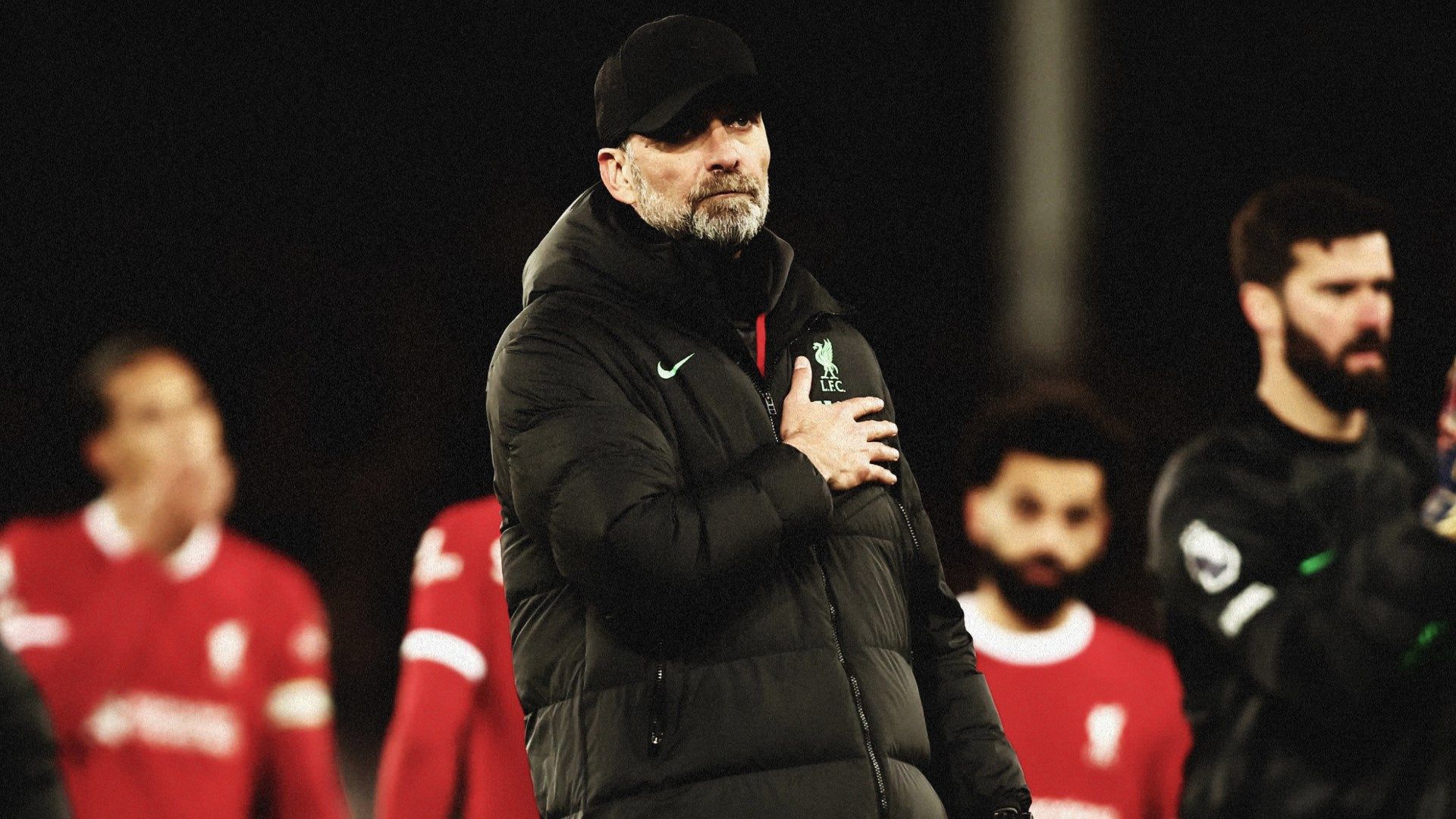.jpg?auto=webp&format=pjpg&width=640&quality=60)